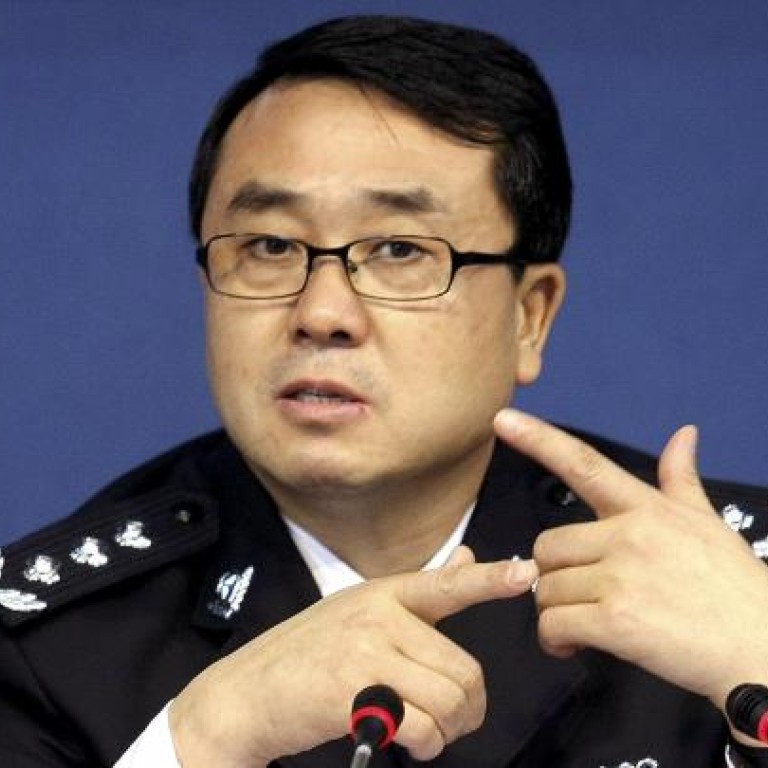
State media report Wang Lijun charges carefully
It was with care that propaganda organs released the latest shockwave from the Chongqing scandal
The state media handle few issues with more sensitivity than a high-profile criminal case with political implications for some of the nation's top leaders.
It's something the mainland's message masters have had practice at this year, as shockwaves from the death of British businessman Neil Heywood in Chongqing in November continue to ripple through the political world.
From their careful management of the removal of fallen star Bo Xilai from his post as Chongqing party boss, to the conviction of Bo's wife, Gu Kailai, for poisoning Heywood, the state media have tried to keep the case from jeopardising party unity ahead of a once-in-a-decade power change at the 18th national party congress.
Bo is widely seen as a one-time protégé of Zhou Yongkang, the nation's public security chief and one of nine members of the Politburo's supreme Standing Committee. So it was with special care that the propaganda organs released the latest shockwave from the scandal: the charges against former Chongqing police chief Wang Lijun, including defection and abuse of power for his role in the saga surrounding Heywood's death.
By now, anyone with an internet connection knows how Wang first blew open the scandal, when he hid from Chongqing authorities in the American consulate in Chengdu in February, reportedly spilling details about how Gu had planned and carried out Heywood's murder.
On the day last week when news about the charges against Wang was released, Zhou chose to hold the latest in a series of public appearances at the Intermediate People's Court in Hefei - the same court where Gu was convicted just weeks earlier.
On Wednesday night, China Central Television, the mainland's nationwide state broadcaster, carried a story about Zhou's visit on its 7pm broadcast and highlighted the official's message to court officials, urging them "to honestly carry out their responsibilities as stated by the constitution and other laws, making sure every case can stand the tests of time and law".
Zhou was reminding people he was with the government, not with Bo and company; the government, by airing the piece, also was reminding viewers that it was with Zhou - one big, happy family.
With the ground set, state media quickly broke the news on Wang. At 7.46pm, Network in China, a subdivision of Xinhua, provided a heads-up on its microblog account. "Four charges against Wang Lijun will soon be released on [Sina] Weibo," it said. Within minutes, the item had been reposted more than a thousand times, including by the party's mouthpiece, the . At 7.59pm, Network in China detailed the charges against Wang: "bending the law for selfish ends, treason, abuse of power and bribe-taking".
It fell to state media to make sure the news was handled with appropriate tact in the press.
The story was probably given its most prominence in Chongqing, where Bo had achieved the height of his fame, in part because of a severe crackdown on organised crime spearheaded by Wang.
But most mainland newspaper editors seemed to deem the name "Wang Lijun" too sensitive for the splash and buried coverage inside.
The most unique response came from the , known for a harder editorial tone. It said: "China has long entered an era in which no embarrassment like this could simply be papered over."
But outlets sought to quickly put the story behind them. "The stir has already passed, and China is continuing on its path forward," wrote.
